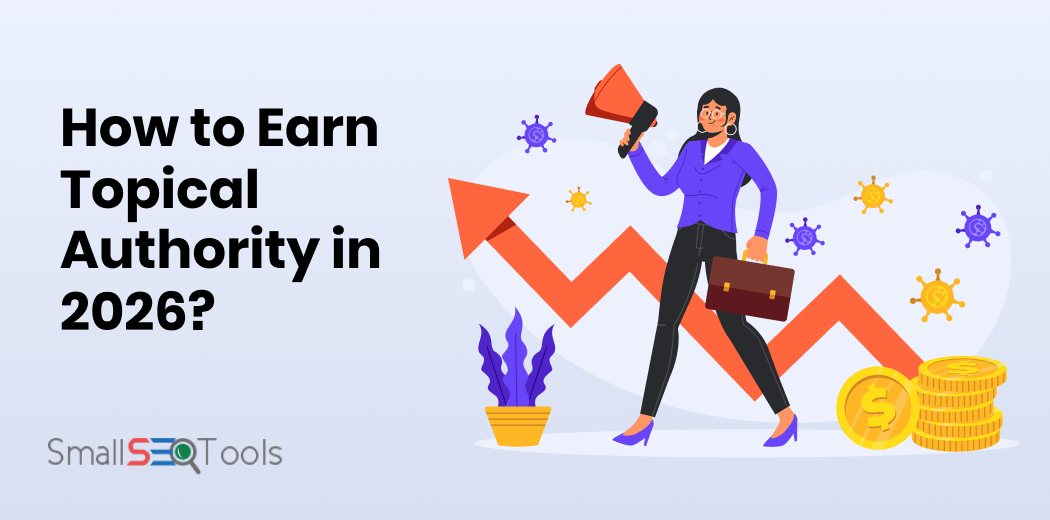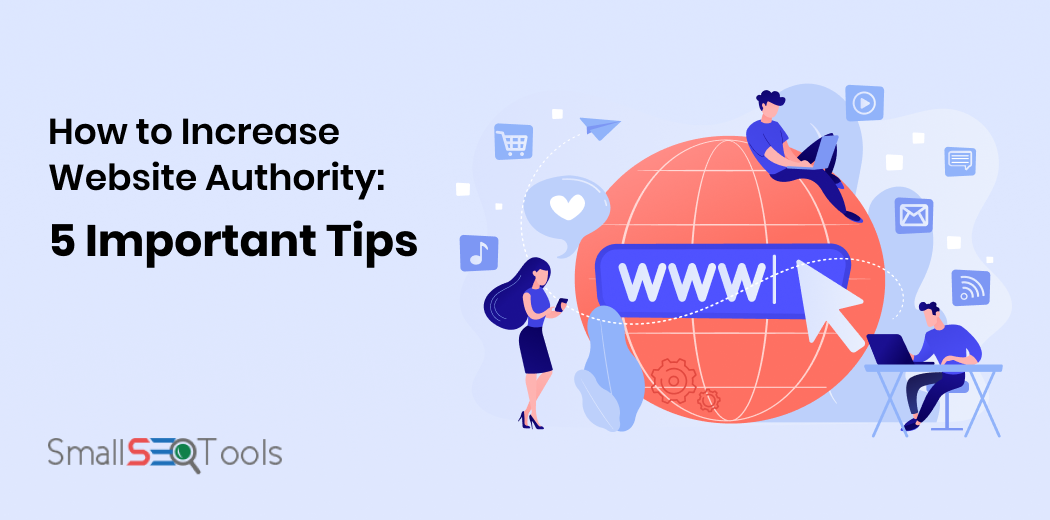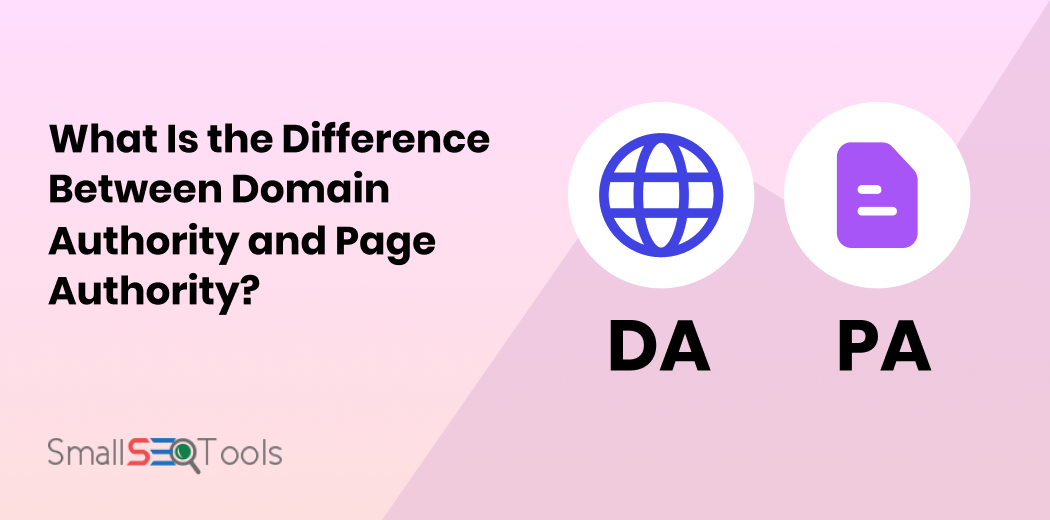The Facts and Fiction: What's the Truth about SEO?

The Facts and Fiction: What's the Truth about SEO?
Search engine optimization can be a complex concept. As you start in internet marketing, you'll soon realize the significance of SEO, though you may not fully understand its importance.
Despite SEO's long-standing presence in the online industry, many companies and individuals still hold onto widespread misconceptions about it as if they were true.
While some common misconceptions about SEO have been clarified over time, many persist. With Google's recent rollout of algorithms to regulate online content, the SEO landscape is undergoing significant changes. As a result, the strategies that once worked may no longer be effective.
Specific factors that previously improved your ranking could now harm your online marketing efforts. How can you distinguish fact from fiction regarding SEO tactics?
Fiction: Rankings are the most important thing
Many online sources repeatedly emphasize the importance of rankings for your website. Although they’re not entirely incorrect, they’re often too simplistic about the matter.
Rankings are not crucial unless they lead to essential metrics such as traffic, backlinks, conversions, profits, and a lower bounce rate. It’s possible to improve rankings without achieving any significant results.
Without traffic, you cannot generate leads; without leads, you cannot achieve sales; and without sales, you will not make a profit. Please don’t overlook your rankings, but also don’t give them more importance than necessary.
Ensure that throughout your SEO strategy, you keep your eye on the most important goal. Instead of working towards rankings, work backward from profits, thinking about:
- Which of your products or services are most profitable
- How you can change your sales process to encourage more deals
- How you can modify your website to generate better leads from your traffic
- What kind of keyword strategy will boost your valuable visitor rate (i.e., visitors who lead to profit)
- How your website can be optimized to execute a keyword concept.
Fact: Google loves high-quality content
It is a fact that many people get confused. Some people focus their complete online marketing strategy on the misconception that Google prioritizes content, which leads them to believe that the more content they generate, the better their results will be.
However, Google does not reward just ‘content’; its focus is on high-quality content. Writing small amounts of remarkable content that offers value and information to your readers will provide you with far better results than if you were to spam the internet with text.
That said, originality is just as important as quality. Google’s algorithms can easily detect duplicate content, and using copied material, even unintentionally, can hurt your rankings.
To ensure your content is 100% unique and free from duplication, conducting a plagiarism check before publishing is always advisable. This extra step can help you maintain SEO integrity and avoid unnecessary penalties.
Fiction: You have to rank for your top keywords
One of the older methods of dealing with SEO tactics was to focus on a small number of elite keywords that could generate a significant amount of traffic for your website.
For example, if your business is all about interior blinds in New York, then you want to rank well for ‘New York blinds.’ However, today, focusing on a singularly important keyword is no longer as important.
Remember, someone who’s searching for blinds in New York isn’t always looking to buy them for you. They might be writing for a paper, creating content online, searching for options for when they do decide to purchase, or they may be from a competing company.
Today, you need to worry more about long-term phrases, such as ‘buy New York blinds.’ This should prove to be easier for you, as many of your competitors may still be attempting to optimize more generic, shorter options.
Fact: Good Quality Links are Useful
Similar to the misconception about Google’s love of content, many people struggle to distinguish between the idea that using as many links as possible will lead to success and the notion that certain essential links can be helpful.
Once again, with links, quality is everything. Terrible links, at their best, will have no positive impact whatsoever on your company. However, bad links can also lead to seriously damaged rankings and, in some cases, penalties from Google.
If you’re going to use links, then focus on building them naturally instead of trying to force them into place. It means that you need to think about creating content that your readers will want to link to rather than begging for links on other sites.











